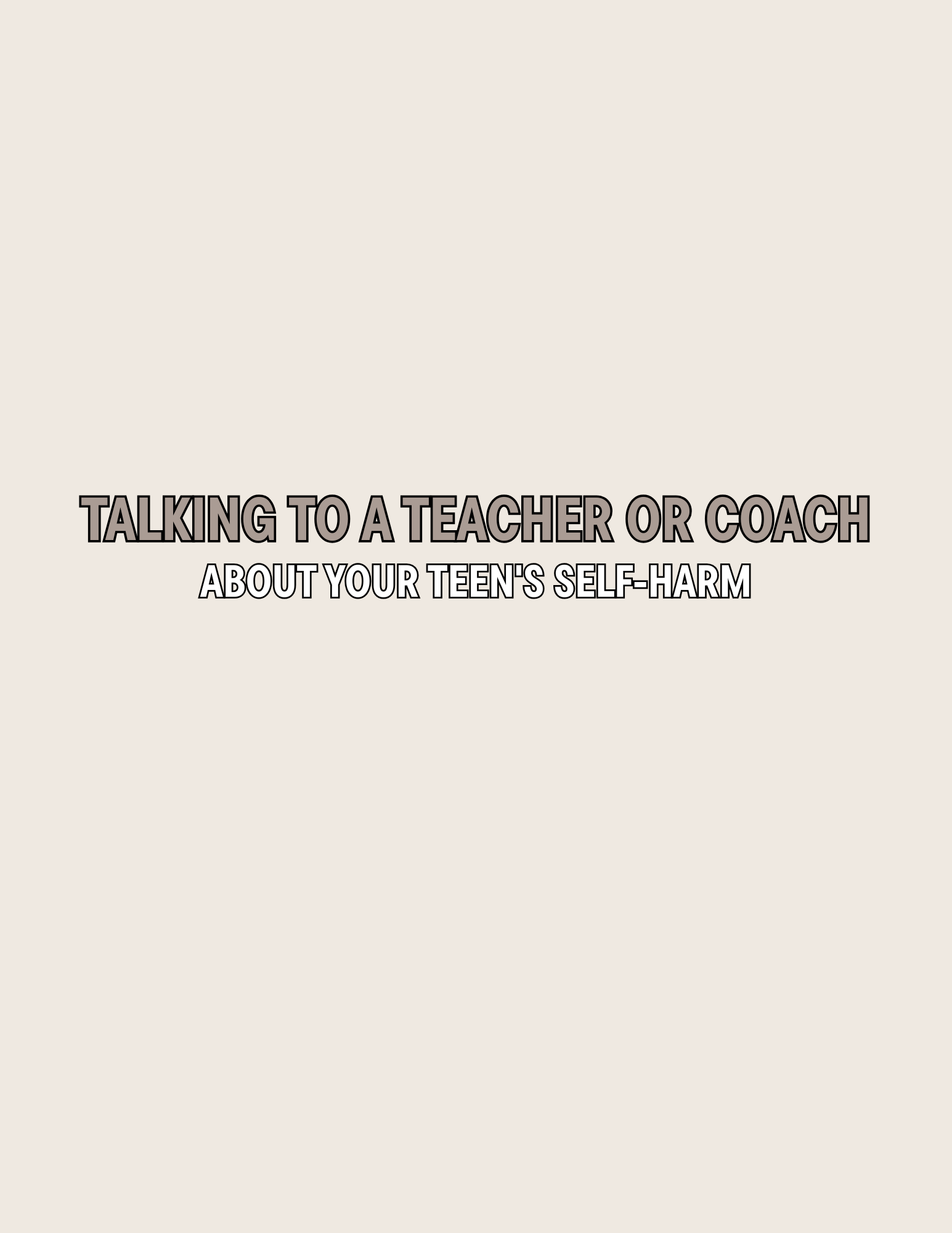Feeling like a failure because your teen is self-harming or strul? You’re not alone. Here’s how to process the guilt and show up with love instead of shame.
When Guilt Takes Over: Facing the Fear That You’re Failing as a Parent
The content shared on this blog is for informational and educational purposes only and is not intended to be a substitute for professional medical or mental health advice, diagnosis, or treatment. If you or your child are in crisis or need immediate help, please contact a licensed mental health professional or call/text the Suicide & Crisis Lifeline at 988.
If your child is self-harming, it’s easy to spiral into the thought:
“This must be my fault. I’ve failed as a parent.”
But let me tell you something you might need to hear today:
You are not a failure. You are a parent in pain who loves deeply.
Guilt is a natural response to something you don’t fully understand—and can’t fully control. This post will help you process those heavy feelings and replace them with grace, self-compassion, and truth.
You’re Not Failing: Remember these 4 Things
1. You Didn’t Cause This
It’s common to search your past for clues:
“Was I too strict?”
“Did I miss something?”
“Should I have seen this coming?”
But self-harm doesn’t stem from just one thing. It’s a complex mix of emotional pain, internal struggle, and often, things that are completely outside your control.
You can influence your teen’s healing—but you didn’t cause their pain.
2. Guilt Isn’t a Sign of Failure—It’s a Sign You Care
Guilt often shows up when we feel powerless and heartbroken. It means your heart is in the right place—it’s just overloaded.
But staying stuck in guilt can lead to shame, and shame keeps us from taking the next best step.
Trade guilt for curiosity. Trade blame for presence.
Instead of asking:
“Where did I go wrong?”
Try asking:
“What does my child need from me today—and what do I need, too?”
3. You’re Allowed to Be Human, Too
You don’t have to be a perfect parent to be a healing presence in your child’s life. You’re allowed to:
- Cry in the shower
- Ask for support
- Take breaks
- Not know what to say
- Get therapy for yourself
You can support your teen and care for your own mental health at the same time. That’s not selfish—it’s sustainable.
4. What Your Teen Really Needs
They don’t need a parent with all the answers. They need someone who:
- Listens without judgment
- Shows up, even on the hard days
- Believes healing is possible
- Loves them when they don’t love themselves
You’re already doing more than you think. Just by reading this—you’re trying. And that means something.
Final Thoughts
You’re not failing. You’re walking through something incredibly difficult with a heart that still shows up every day.
There’s room for guilt to soften. There’s room for hope to grow. There’s room for healing—for both of you.







View comments
+ Leave a comment